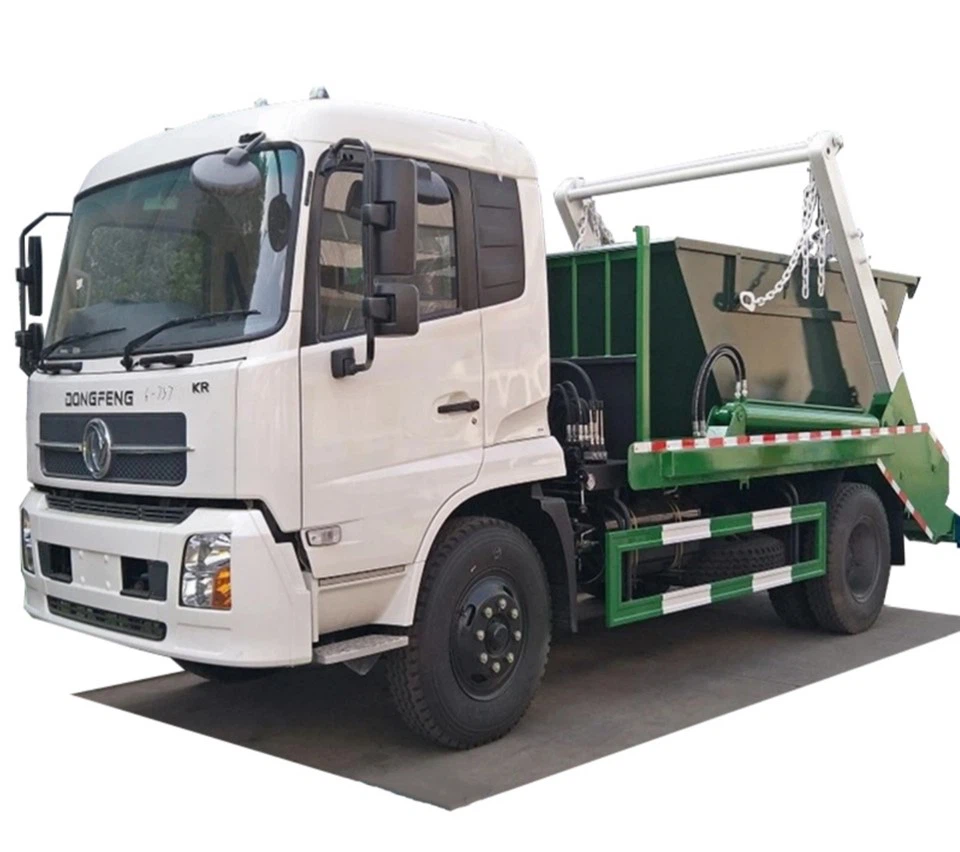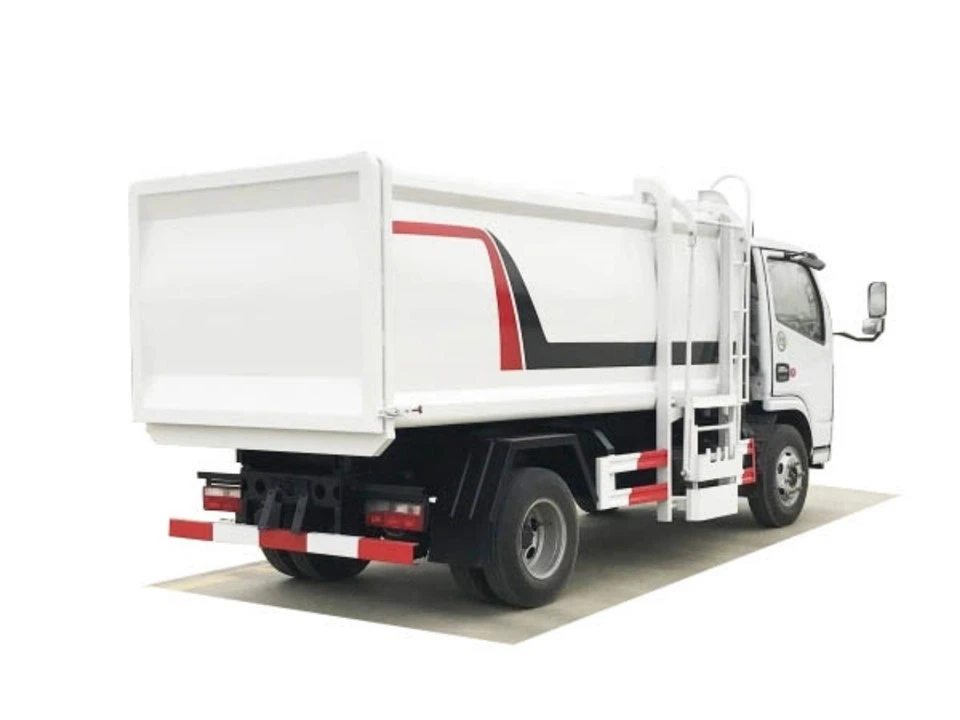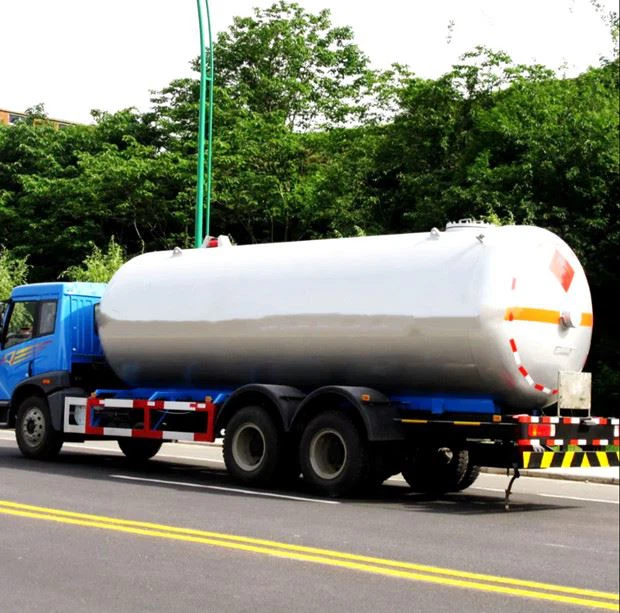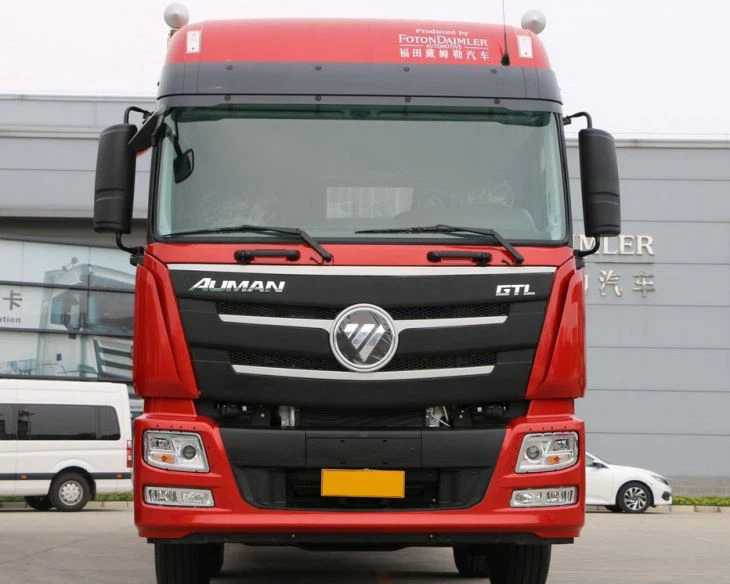Propane Tank Trailers: Comprehensive Guide for Safe Transport and Usage

Propane tank trailers are essential equipment for businesses and individuals who rely on propane for various activities, from grilling to heating and commercial applications. In this comprehensive article, we will explore everything you need to know about propane tank trailers, including their types, uses, safety measures, maintenance tips, and regulations. We will also address frequently asked questions to give you a well-rounded understanding of this crucial aspect of propane transport.
What is a Propane Tank Trailer?
A propane tank trailer is a specialized trailer designed to transport liquid propane gas (LPG) safely and efficiently. These trailers come in various sizes and configurations depending on the intended use and local regulations. Their primary purpose is to ensure the safe delivery of propane to consumers, businesses, and facilities.
Types of Propane Tank Trailers
Propane tank trailers can be categorized based on capacity, design, and usage. Here are the main types:
1. Low-Profile Tank Trailers
Low-profile tank trailers are designed for transporting smaller quantities of propane. They typically have a capacity of 1,000 to 3,000 gallons and are ideal for residential deliveries and small commercial operations.
2. Standard Tank Trailers
Standard tank trailers usually have a capacity ranging between 3,000 and 10,000 gallons. They are commonly used by propane distribution companies for bulk deliveries.
3. High-Capacity Tank Trailers
High-capacity trailers can carry 10,000 gallons or more of propane. These are suited for large industrial applications and facilities requiring significant amounts of propane on a daily basis.
4. Specialty Tank Trailers
Specialty trailers include features like multiple compartments for transporting different liquids, insulated tanks for transporting cryogenic gases, or specific designs for hazardous materials. These are less common but essential for certain applications.
Uses of Propane Tank Trailers
Propane tank trailers serve a multitude of purposes across various industries and sectors. Some common uses include:
Residential Deliveries
Many homeowners depend on propane for heating their homes, cooking, and powering appliances. Propane tank trailers facilitate service providers in delivering propane directly to residential tanks.
Agriculture
Farmers use propane for crop drying, heating livestock facilities, and powering farm equipment. Tank trailers provide efficient delivery to meet these agricultural needs.
Commercial Applications
Restaurants, hotels, and large businesses often use propane for heating and cooking. Consequently, propane tank trailers ensure a steady supply for their operations.
Construction and Industrial Use
Construction companies utilize propane for heating, cutting, and running equipment. Propane tank trailers help deliver fuel on-site, keeping projects on schedule.
Propane Tank Trailer Safety Measures
Safety is paramount when handling propane, given its flammable nature. Here are crucial safety measures to follow:
Proper Training
Ensure that all personnel handling propane and driving the tank trailer receive adequate training on propane safety and regulations.
Regular Inspections and Maintenance
Inspect the propane tank trailer regularly for leaks, corrosion, and structural integrity. Maintenance should be performed according to the manufacturer’s guidelines.
Safe Loading and Unloading Protocols
Adhere to safety protocols while loading and unloading propane. Use appropriate protective equipment and ensure proper ventilation in enclosed areas.
Emergency Response Preparedness
Establish emergency response plans and ensure that all workers are familiar with these procedures. Have fire extinguishers and appropriate emergency equipment accessible.
Propane Tank Trailer Regulations
Local and federal regulations govern the transportation of propane. Understanding these regulations is crucial for compliance and safety.
DOT Regulations
The Department of Transportation (DOT) sets standards for transporting hazardous materials, including propane. These regulations cover vehicle specifications, driver certification, and emergency procedures.
State and Local Regulations
In addition to federal regulations, many states and localities have their own rules governing propane transport. Familiarize yourself with these regulations to ensure compliance.
Licensing and Permits
Many jurisdictions require specific licenses and permits for propane delivery drivers and companies. Check local requirements to avoid fines and legal issues.
Maintenance of Propane Tank Trailers
Maintaining a propane tank trailer is essential for safety and longevity. Here are some maintenance tips:
Regular Cleaning
Clean the exterior and interior of the trailer regularly, removing dirt and debris that can obscure potential leaks or damages.
Leak Detection Tests
Conduct regular leak detection tests using appropriate tools. Specialized leak detection sprays can help identify small leaks.
Pressure Tests
Perform pressure tests to ensure that the tank and related equipment can safely hold the propane under various conditions.
Documentation of Maintenance Activities
Keep records of all maintenance and inspection activities. This documentation may be required for compliance and audits.
Advantages of Using Propane Tank Trailers
There are several benefits to using propane tank trailers for transporting propane:
Versatility
Tank trailers can accommodate various sizes and configurations, making them suitable for a wide range of applications, from residential to industrial.
Efficiency
Using tank trailers allows for bulk delivery, reducing the frequency of trips and transportation costs.
Safety Features
Modern propane tank trailers are equipped with safety features like emergency shut-off valves, pressure relief valves, and secondary containment systems to prevent spills and accidents.
Environmental Considerations
Propane is a cleaner-burning fossil fuel compared to gasoline or diesel, making it a more environmentally friendly option for various applications.
Choosing the Right Propane Tank Trailer
Selecting the appropriate propane tank trailer for your needs requires careful consideration of several factors:
Capacity Requirements
Evaluate the volume of propane you need to transport regularly. Larger trailers can reduce the frequency of deliveries, while smaller units may be more suitable for specific applications.
Vehicle Compatibility
Ensure that your vehicle can safely tow the selected trailer. Check vehicle specifications and trailer weight to remain within legal limits.

Regulatory Compliance
Choose a trailer that meets all local, state, and federal regulations to minimize legal risks and ensure safety.
Manufacturer Reputation
Research trailer manufacturers and select a provider with a good reputation for quality and customer service.
FAQs about Propane Tank Trailers

1. What is the typical lifespan of a propane tank trailer?
With proper maintenance, propane tank trailers can last for 20 years or more. Regular inspections and timely repairs can extend their lifespan.
2. How often should I perform maintenance checks on my propane tank trailer?
It is recommended to perform a thorough maintenance check at least once a year or more frequently if the trailer is in regular use. Daily visual checks before use are also advisable.
3. Can propane tank trailers be repaired if damaged?
Yes, propane tank trailers can often be repaired, but it depends on the extent of the damage. Consult a certified mechanic for assessments and repairs.

4. What should I do if I smell propane while loading or unloading?
If you smell propane, cease operations immediately, evacuate the area, and contact emergency services or your propane provider for assistance.
5. Are there weight restrictions for hauling propane tank trailers?
Yes, weight restrictions for propane tank trailers depend on local and state regulations as well as the towing capacity of the vehicle. Always consult local guidelines.
6. How do I know if my propane tank trailer is leaking?
Signs of a leak include the smell of propane (which has a distinct odor similar to rotten eggs), hissing sounds, or the presence of frost on the tank. Regular leak tests can help identify small leaks before they become serious issues.
